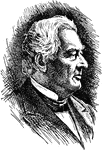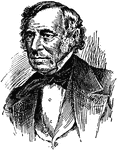Clipart tagged: ‘presidents’
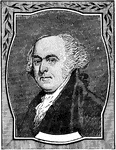
John Adams
An illustration of John Adams who proposed Washington for Commander-in-Chief of the Continental Army.…

Grover Cleveland
A portrait of Grover Cleveland. He is the only president who served two non-consecutive terms (1885–1889…
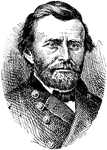
Ulysses S. Grant
(1822-1885) An American soldier, eighteenth President of the United States and was the leading Union…
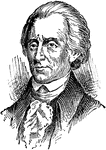
Richard Henry Lee
(1732-1794) Six President of the United States in Congress assembled under the Articles of Confederation…
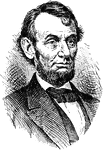
Abraham Lincoln
(1809-1865) An American politician and sixteenth President of the United States and the first president…
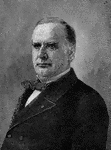
William McKinley
"In the general election of 1896, the principal question at issue was the financial policy of the country.…
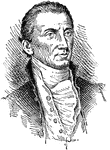
James Monroe
(1758-1831) Fifth President of the United States, whos administration was marked by the Monroe Doctrine,…

